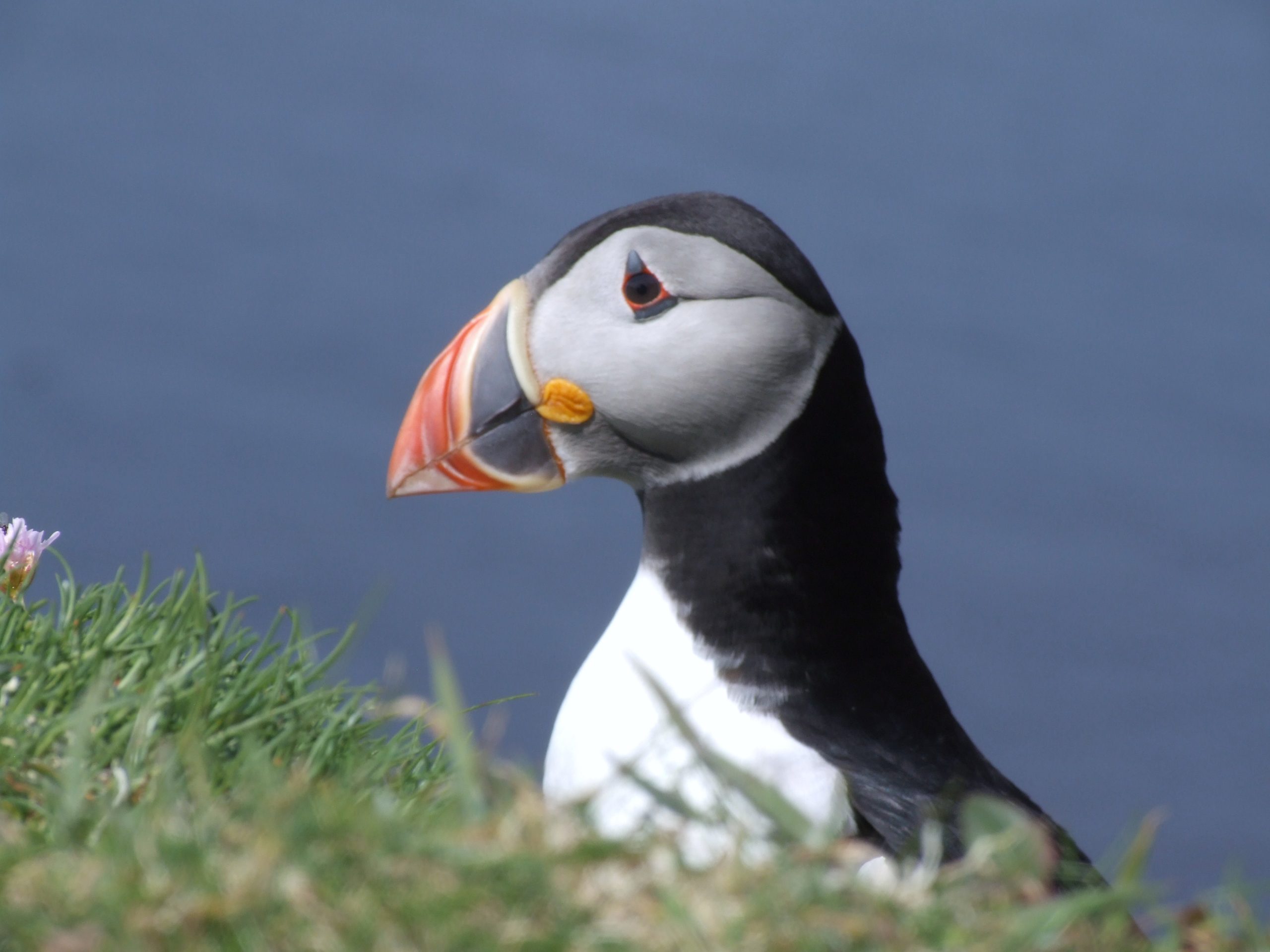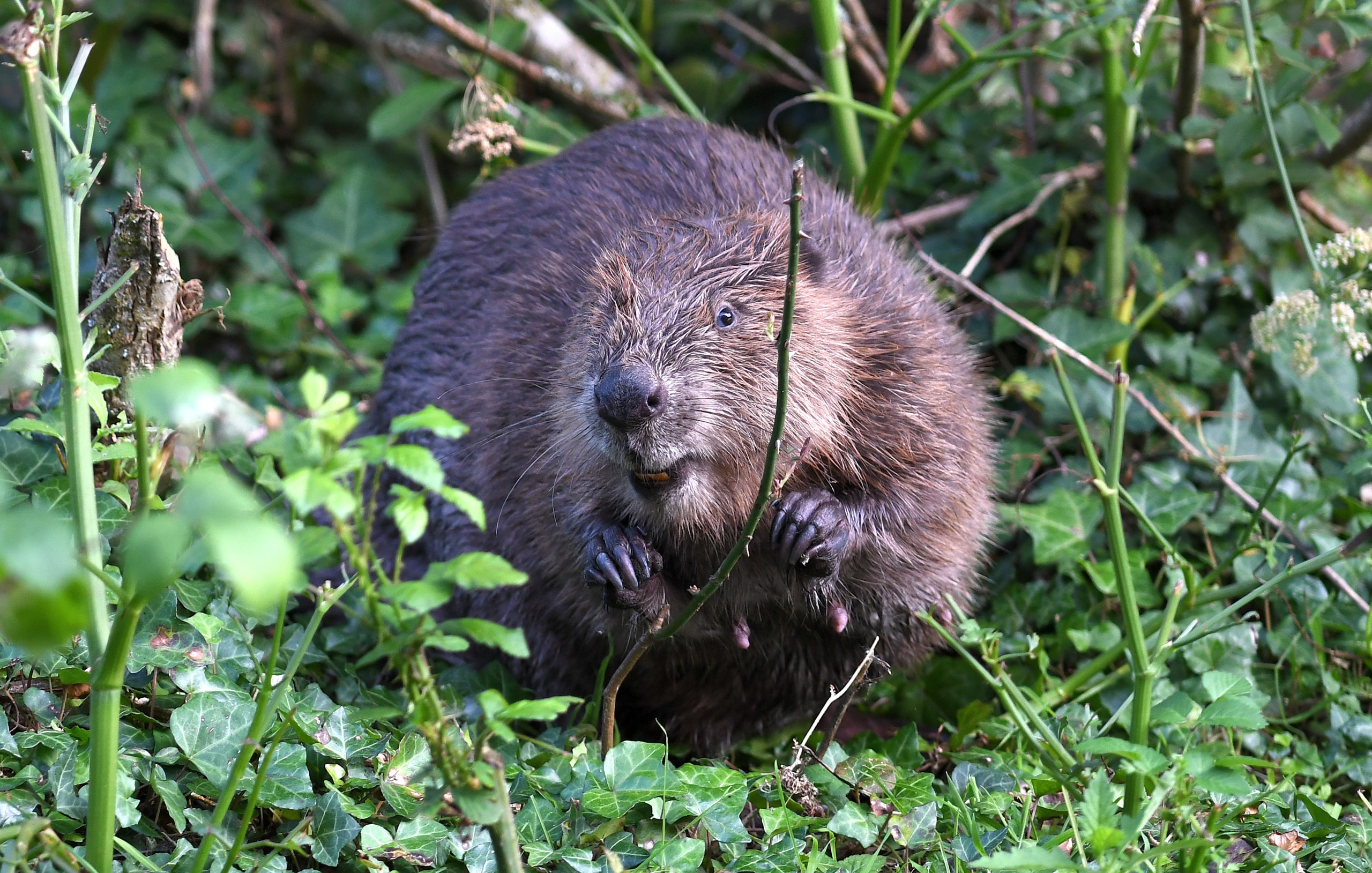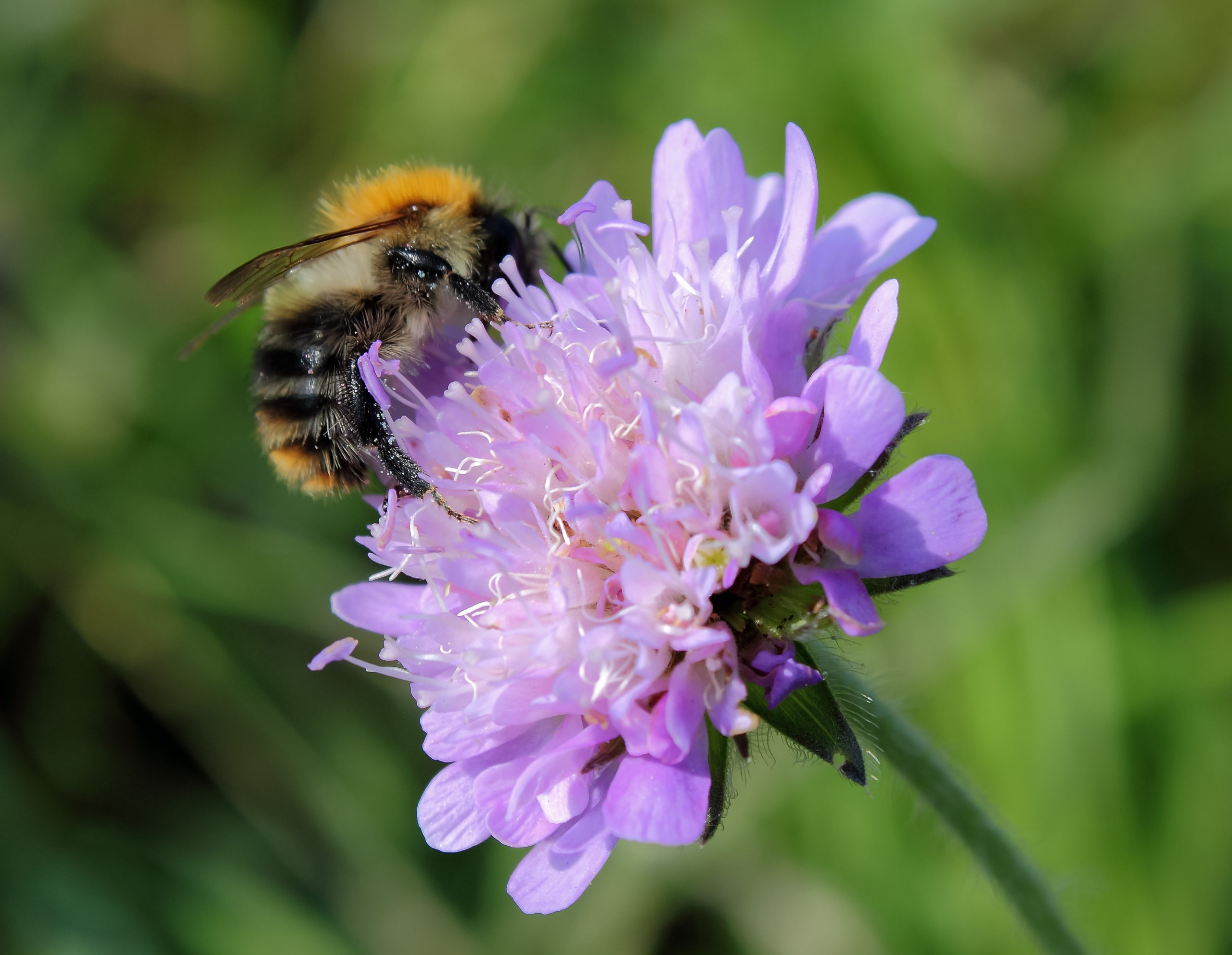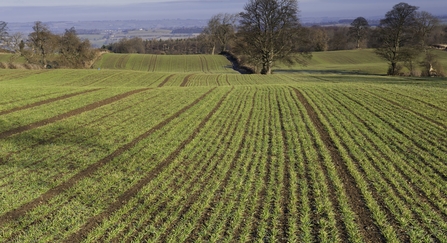Conservation organisations issue joint statement urging the EU Commission to reconsider its challenge over the UK closure of sandeel fishing.
A coalition of nature groups from across the UK and European Union have voiced their outrage at the European Commission’s call for an arbitration tribunal to rule on the legality of the UK’s decision to close English waters of the North Sea and all Scottish waters to sandeel fishing.
35 UK and EU conservation organisations including the RSPB, Oceana UK, Wildlife and Countryside Link, The Wildlife Trusts, and BirdLife Europe and Central Asia, have today issued a joint statement urging the Commission to reconsider its position and instead support this key ecosystem recovery measure in the interest of turning around the health of our beleaguered seas.
Sandeels are a key part of the UK ocean food chain, supporting vulnerable seabird species including Puffins, Kittiwakes, and Razorbills. They are also a vital food source for seals, porpoises and whales, and important fish species like Haddock and Whiting.
In January 2024, after decades of campaigning, the UK and Scottish governments announced an end to industrial sandeel fishing in English waters of the North Sea and all Scottish waters. The closure came into effect on 26th March and is regarded by conservationists as an essential step towards protecting globally important seabird populations, wider marine biodiversity and the future of sandeel-reliant UK fishing stocks.
Talks between the EU Commission and the UK Government have been ongoing since the Commission launched a challenge to the closure, questioning its legitimacy under the UK-EU Trade and Cooperation Agreement. Failure to find reach an agreement has now seen the Commission call for an arbitration tribunal to settle the dispute – a decision nature groups say not only challenges the UK’s ability to deliver ecosystem recovery but contributes to the EU abysmally failing to meet its own environmental obligations.
Joan Edwards, Director of Policy and Public Affairs at The Wildlife Trusts, said: “Closing UK sandeel fisheries was a historic and important decision to help marine wildlife recover. This positive step contributes towards achieving Good Environmental Status – the health measure for our seas – which the UK and many EU nations are failing to meet.
“We are disappointed the EU continues to challenge this decision, which goes against their rhetoric and existing commitments on nature recovery. Fishers rely on healthy marine ecosystems, and this decision is throwing a much-needed lifeline to fish, marine mammals and seabirds. We strongly support the UK Government on this and urge the EU to reevaluate its position.”
The decision to end industrial sandeel fishing in the UK has come at a critical time for seabird populations as an alarming 62% of breeding seabird species have declined across the UK. In Scotland, the UK’s seabird stronghold, declines are as much as 70%. Sandeel-dependent species like Puffins and Kittiwakes have declined by 23% and 43% respectively, in the last few decades. In September, five new seabird species were added to the UK Red list of highest conservation concern. Unsustainable fishing pressure is recognised as a key driver for these declines, and the reduced availability of sandeels has been repeatedly linked to the declining seabird populations that use the North Sea to forage.
The UK is failing on 11 out of 15 marine indicators for Good Environmental Status (GES), performing particularly badly on seabird populations. As a result, the UK’s closure of industrial sandeel fisheries has been particularly seen by marine experts as an important step toward improving GES.
Nature experts are warning that the EU should follow suit on taking measures to protect the marine environment to meet its own GES commitments. Very few EU nations are currently meeting GES, with approximately 33% of seabird populations in Europe in decline and 22% regarded as ‘threatened’. Yet despite the importance of sandeels to European seabirds no such fishing closures are planned, with campaigners calling the EU out on this.




